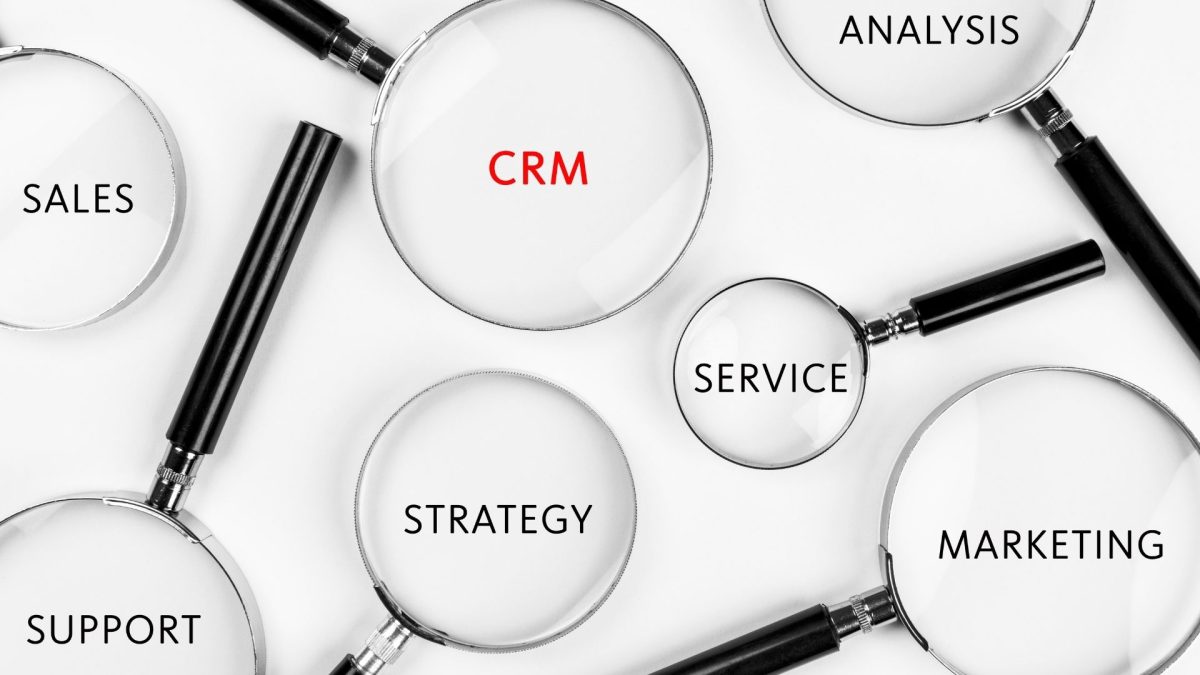Having well-organized data is the lifeblood of modern business. Do you have the right system in place?
Running a successful business hinges on data. Without it, you cannot gain a clear picture of your customer base. You can’t understand your sales productivity or optimize your team’s communication or collaboration processes. But it’s one thing to recognize the need for data; it’s another thing entirely to know how to organize and leverage it. Thankfully, a solution exists that can help you streamline your business, improve customer relations and successfully grow your revenues. That solution is a customer relationship management (CRM) system.
What is a CRM Platform?
A CRM platform is a technology solution that allows you to easily manage all interactions you have with an existing or prospective customer base. On a broader level, however, these platforms assist companies with streamlining processes and improving profitability.
Why Do You Need a CRM?
A good CRM can unify your business. By leveraging the solution properly, each department within your agency can gain real-time insights into your sales, business objectives and overall profitability. This solution also gives every department a clear view into your customers, utilizing data the CRM typically organizes into a customizable and exportable dashboard. You can optimize your marketing efforts with this information, harnessing data to implement better campaigns and make more sales.
CRMs have a role to play in customer service as well. We live in a world of omnichannel communication, which can often make managing customer interaction complex and arduous. CRMs, however, make it easy to engage with customers across multiple channels and ensure that each touchpoint is carried out perfectly.
Where to Begin?
Whenever you are making an IT investment, or any business investment, it’s always wise to begin with your goals. What exactly are you trying to accomplish? With a CRM, companies are often trying to accomplish a few different objectives, such as tracking leads, customers and sales; unifying operations; increasing productivity; and making data-driven decisions. Think about the features that are the most important to your organization so you can prioritize those during your CRM selection process.
Then start conducting your research on potential vendors you’d like to work with. There is a glut of information online that you can use to inform your search, with this article, in particular, giving a good overview of the best solutions for different types of businesses.
Understand the Process
Once you have some idea of what you need, you can begin working with a product vendor. This can be a complex and, at times, lengthy process. Depending on the size of your organization, your vendor may even assign you a project manager to keep the implementation of your solution on track. Be sure to rely heavily on the expertise of your vendor, and when you are trying out a demo of the product, make it a priority to test every function so you can obtain a clear and comprehensive picture of its capabilities and whether they align with your goals.
Gain Buy-in
Implementation with your vendor should not occur in a vacuum. Your team needs to be involved in various capacities from beginning to end. Not only will your team ask pertinent questions that you haven’t thought of, but they are, in fact, the people who will need to use the solution going forward. It is crucial that you gain a sense of your CRM’s overall usability and how steep the learning curve might be upon adoption. Remember, staff training time will reduce their bandwidth to work on other projects.
CRMs Bring Positive ROI
Implementing a new system can be a unique challenge for businesses. Not only does it cost time and money, but benefits can feel intangible and unproven – at least initially. What’s important to note, however, is that a CRM can make a real, long-term difference to your business, both for your customer relations and your bottom line. For anyone operating in a customer-centric business, it can have a transformative impact by increasing customer lifetime value, reducing your operating costs and facilitating remote or hybrid work. It’s an important investment to make if you hope to streamline your current operations and succeed in the future of work.



